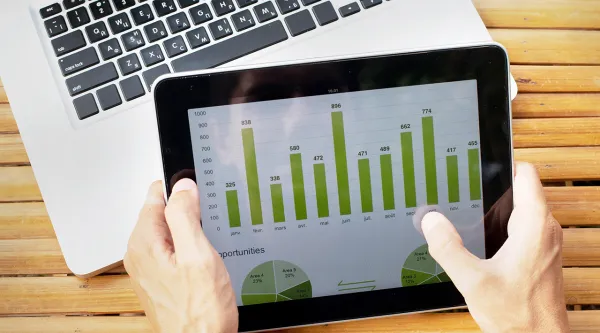Peter Warren
Vice-President, Global Industry Lead, Energy & Utilities
Peter
Warren
is
CGI’s
global
industry
lead
for
energy
and
utilities.
In
this
role,
he
works
with
local
business
units
helping
to
advance
the
transformation
of
oil,
gas,
and
renewables
firms,
as
well
as
electricity,
gas
and
water
utilities
across
...









